Subcribe To Our Newsletter
Subcribe our newsletter & stay Updated
Protect your workplace and staff by staying compliant with AS/NZS 3760:2022.
AS/NZS Certified | Fully Insured | 5-Star Reviews

Protect Your Staff – Reduce risk of shocks and injuries

Stay Legally Compliant – Meet AS/NZS 3760 standards

Prevent Equipment Failure – Identify faults early

Pass Audits Easily – Get professional compliance reports

Extend Appliance Life – Maximise equipment lifespan

Automated Retesting Reminders – Stay updated automatically
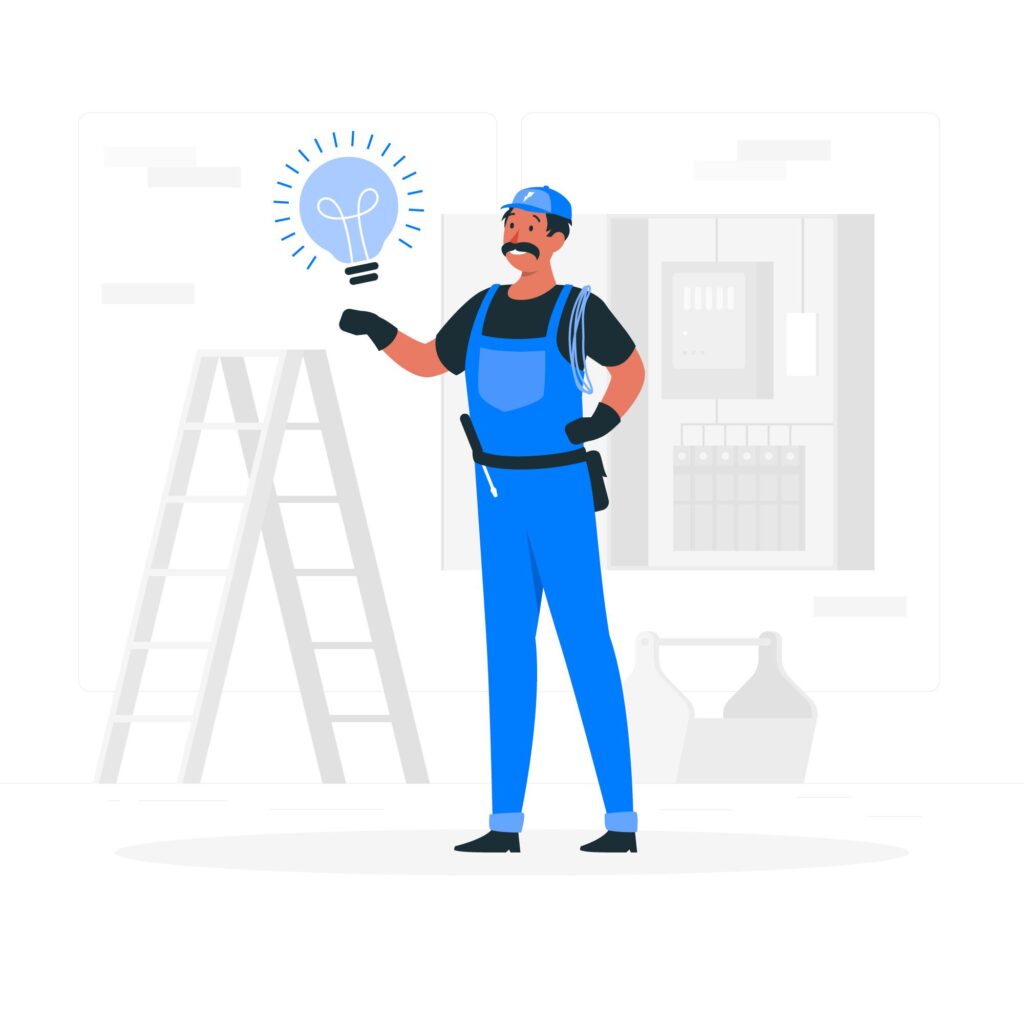

Visual & electrical inspection using certified PAT devices

Fault diagnosis and tagging with results

Receive a digital report & automated SMS/email reminders before the next due date.

Your Reliable Partner for Electrical and Fire Safety Compliance
✅ Certified Technicians
Trained professionals with current electrical certifications.
✅ Advanced PAT Testing Tools
We use industry-leading equipment for precise testing.
✅ Digital Reports
Instant access to clear, professional compliance documentation.
✅ Friendly Service
We’re prompt, reliable, and here to make compliance easy.
Licensed and experienced
Standards you can rely on
Small fixes at Onsite
Compliance reports delivered fast
We work around your availability
Trusted by Industries Across Australia
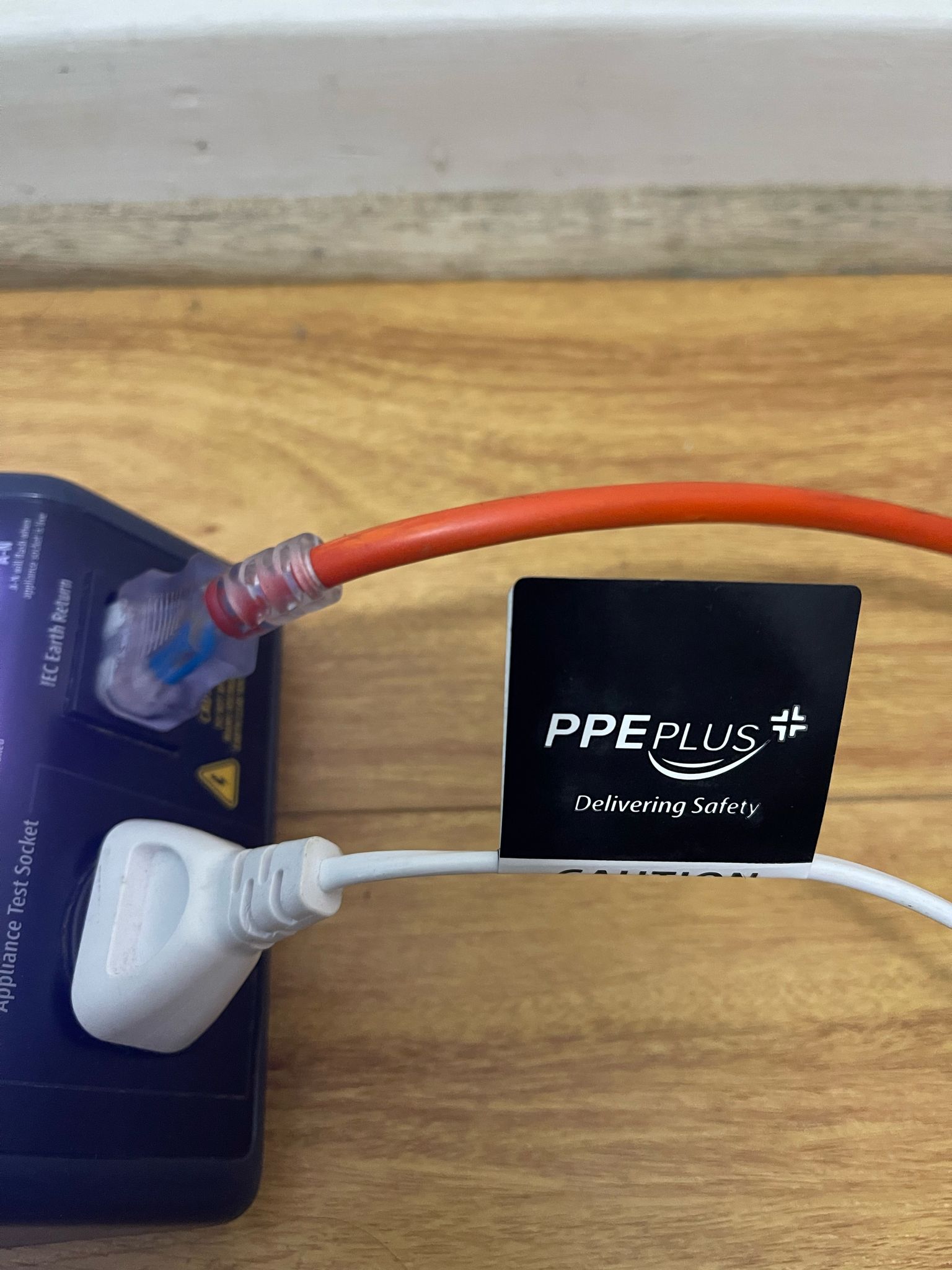
Electrical appliances can pose serious hazards if not properly maintained. Our service ensures every device is safe, compliant, and recorded.
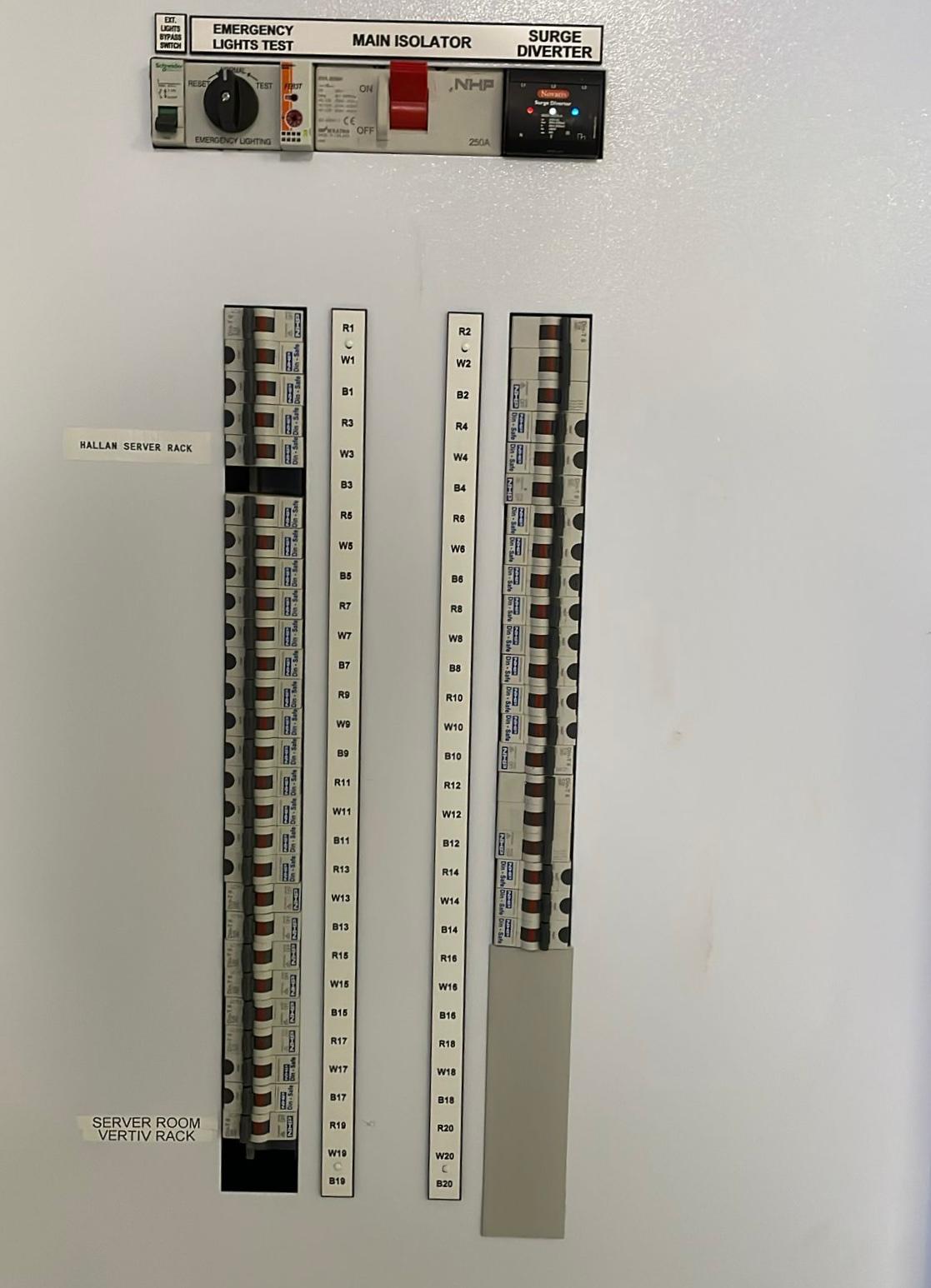
Residual Current Devices (RCDs) commonly known as safety switches are life saving components in any electrical system. They’re designed to cut power instantly when an imbalance is detected, reducing the risk of electrocution.
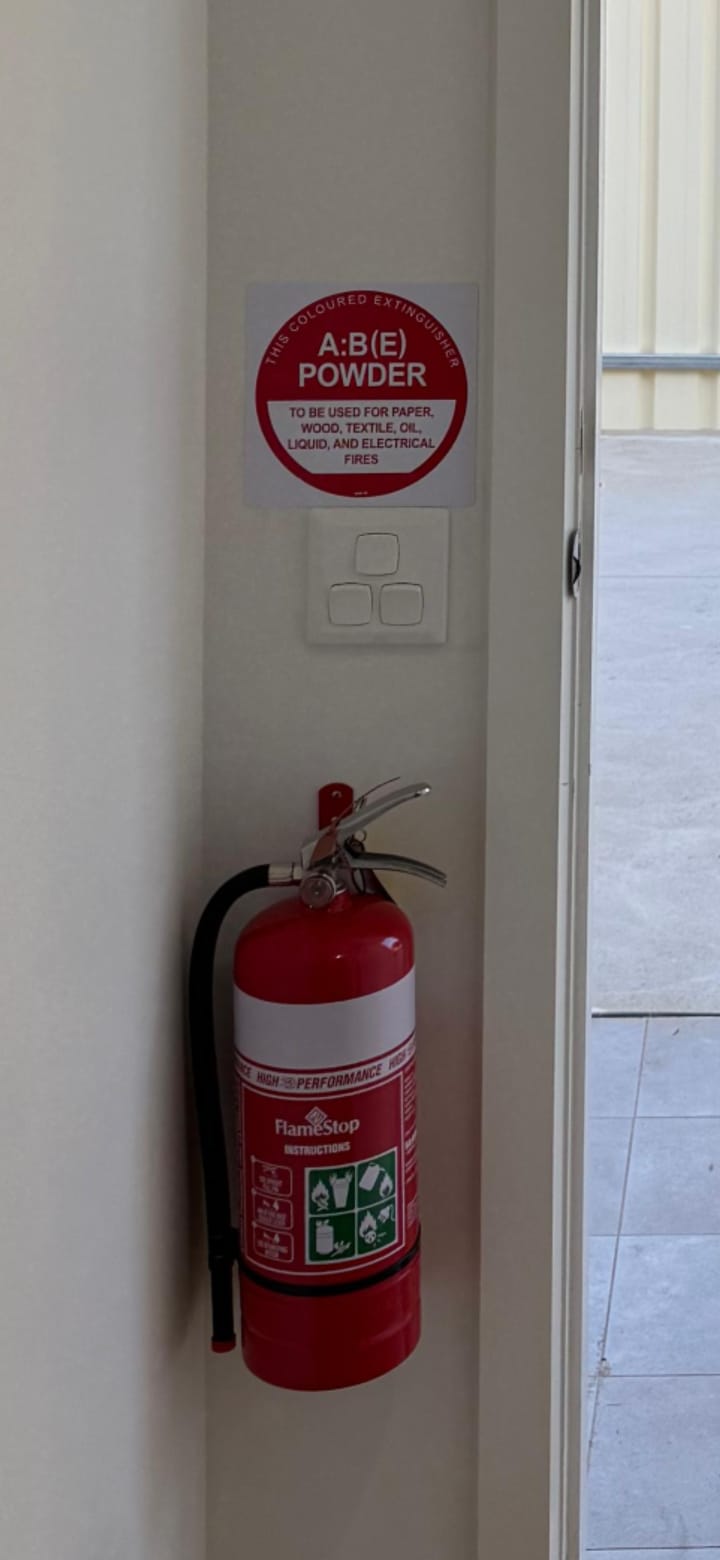
We ensure your fire extinguishers are always ready to perform. Our licensed technicians carry out scheduled inspections and services to meet Australian safety standards.
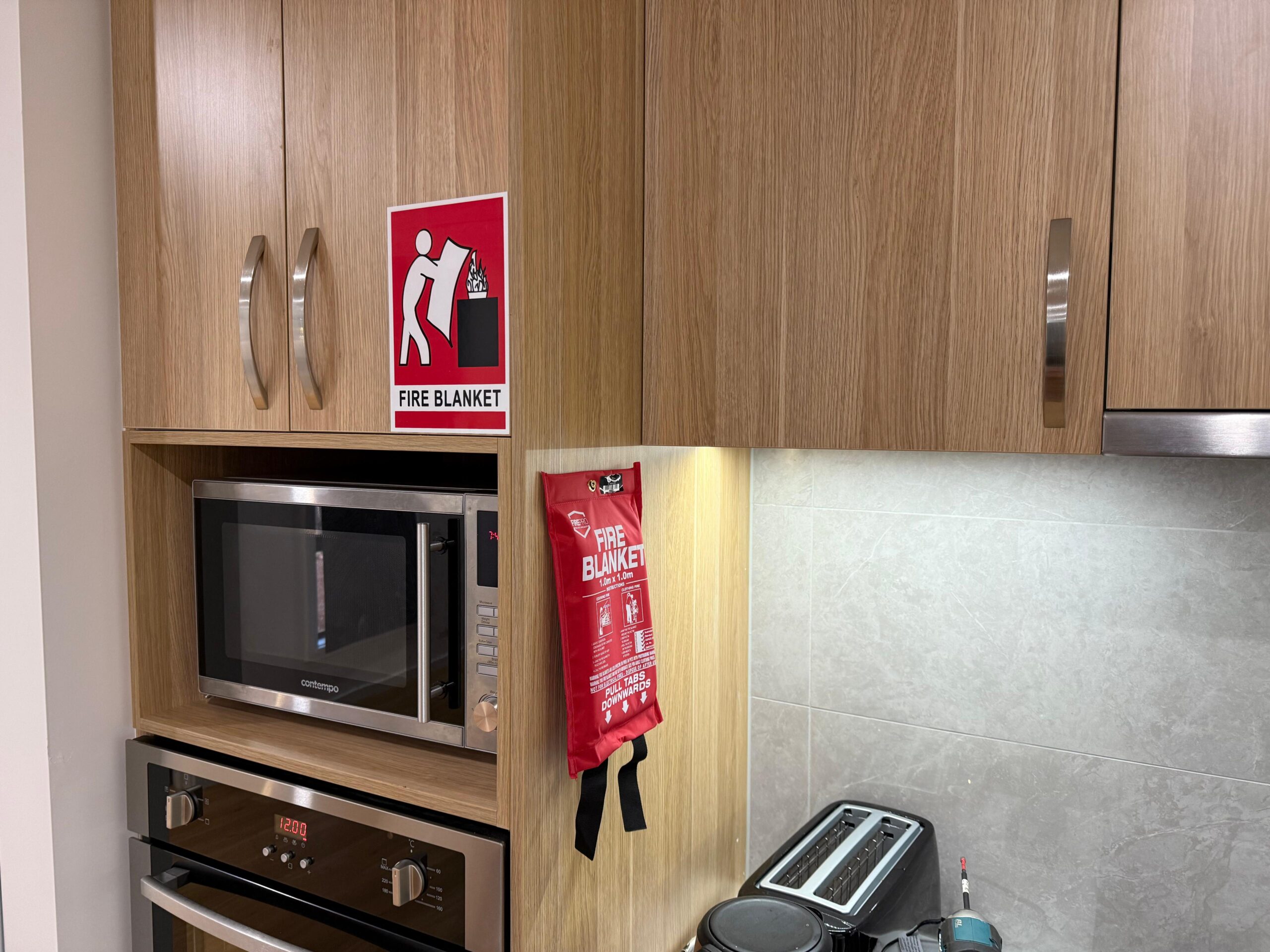
We test fire blankets in kitchens and high-risk areas to ensure they’re clean, accessible, and compliant.

We check commercial microwaves for radiation leaks through visual inspection, calibrated testing, and full compliance documentation.
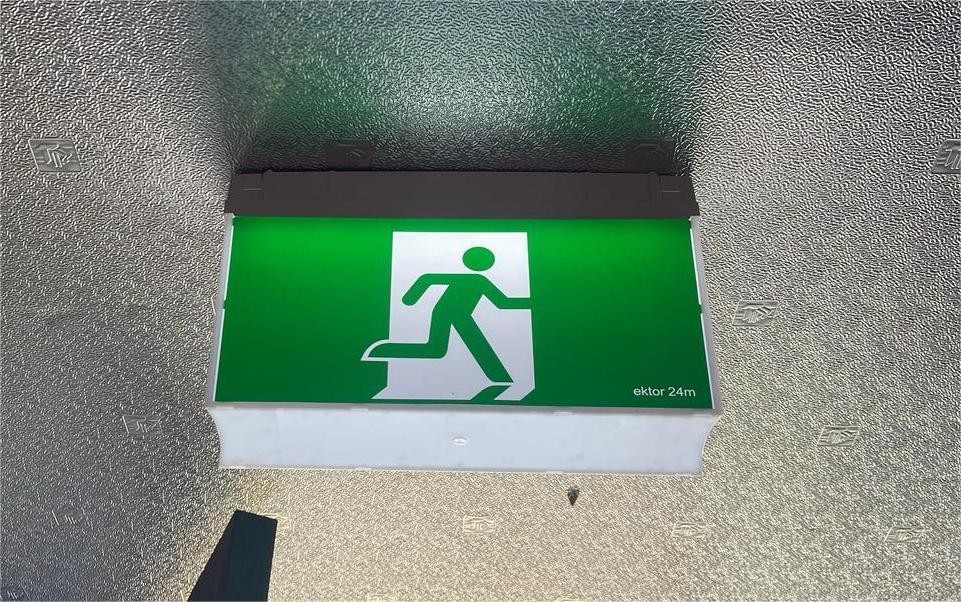
In emergencies, visibility saves lives. Exit and emergency lighting systems are required by law and must function correctly when power fails.
Yes, for most commercial and industrial environments
A full compliance report and asset register.
Yes, we offer flexible booking times
Yes, minor faults are fixed on-site.
Schedule a Test & Tag service and ensure a safer workplace.
Book A Call Get a Free Quote